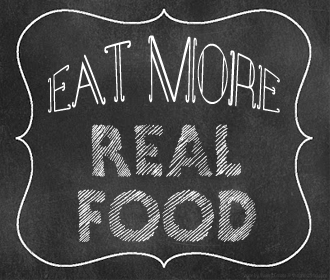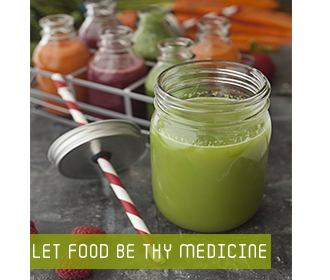Most of us are aware that we should try to be healthier via our food choices. But what exactly does eating healthily entail? For some, it means making choices like choosing whole wheat bread for our subs over white bread, while for others, it means raw juices and ingredients that only the most die-hard health junkies know about (spirulina, anyone?)
To Bundles of Energy, it means eating a diet of whole foods, the way nature intended. While that sometimes might include foods that may be unfamiliar, like goji berries, it also means going back to basics and including those familiar foods like broccoli and bell peppers in ways that you perhaps haven’t thought about before.
But why is this so significant for athletes?
Firstly, athletic nutrition is a relatively new thing. Many high school football coaches are pressuring young athletes to make significant ‘gains’, which is often done by downing milkshakes, processed protein powders, and eating fast food. Calories in, calories out, right?
Well, not exactly. Those milkshakes are full of sugar that can compromise immunity, making a teenage boy sick more often. Those protein powders are full of additives and colourings that can affect behaviour and concentration. And we don’t need to go through that cheeseburger he might be gobbling down: those saturated fats are clogging up his arteries, which means poor circulation, which means poor athletic performance.
So the solution, then, is eating healthily. “But he’s young! He just needs to gain weight now and then we’ll start eating healthily again, I promise!”

Initial behaviour sets a precedence for the rest of your life. Researchers found that health-promoting habits at an early adult age (read: teenagers) can predict health 18 years later, including physical fitness levels and nutritional status. And it seems that physical fitness at a young age, without a proper diet, did NOT imply optimal health 18 years later. This means that healthy dietary changes should be implemented now. Whole foods take time to prepare, which means that you will also be fostering independence in your teenager; knowing how to cook when moving out of the house is an essential skill!
Another thing we can do is upgrade meals and dietary choices; gentle shifts that can move your young athlete in the right direction. Try:
- Using nut butters other than peanut butter, with nuts and salt as the only ingredients. Almond butter contains more nutrients and is delicious spread on toast.
- Make “milkshakes” using whole foods ingredients. Raw cacao powder, bananas, dates, and some leafy greens go great into a smoothie.
- Use lean protein sources like fish (the omega-3s help with healing from injuries!), chicken, and game meats. Alternative protein sources like quinoa, millet, and hemp are great options as well
- Amp up fat by using avocados, organic grass-fed butter, nuts, and coconut oil
- Try to use a protein powder that is organic and contains no additives, colours, or preservatives.
- Try high-protein snacks like hummus and homemade granola bars for on-the-go.
- Get them drinking plain water-it’s the best hydrator, and sugary drinks are unnecessary for their performance.
For more fantastic tips check out our Sports Nutrition Workshops, get your team signed up today!









